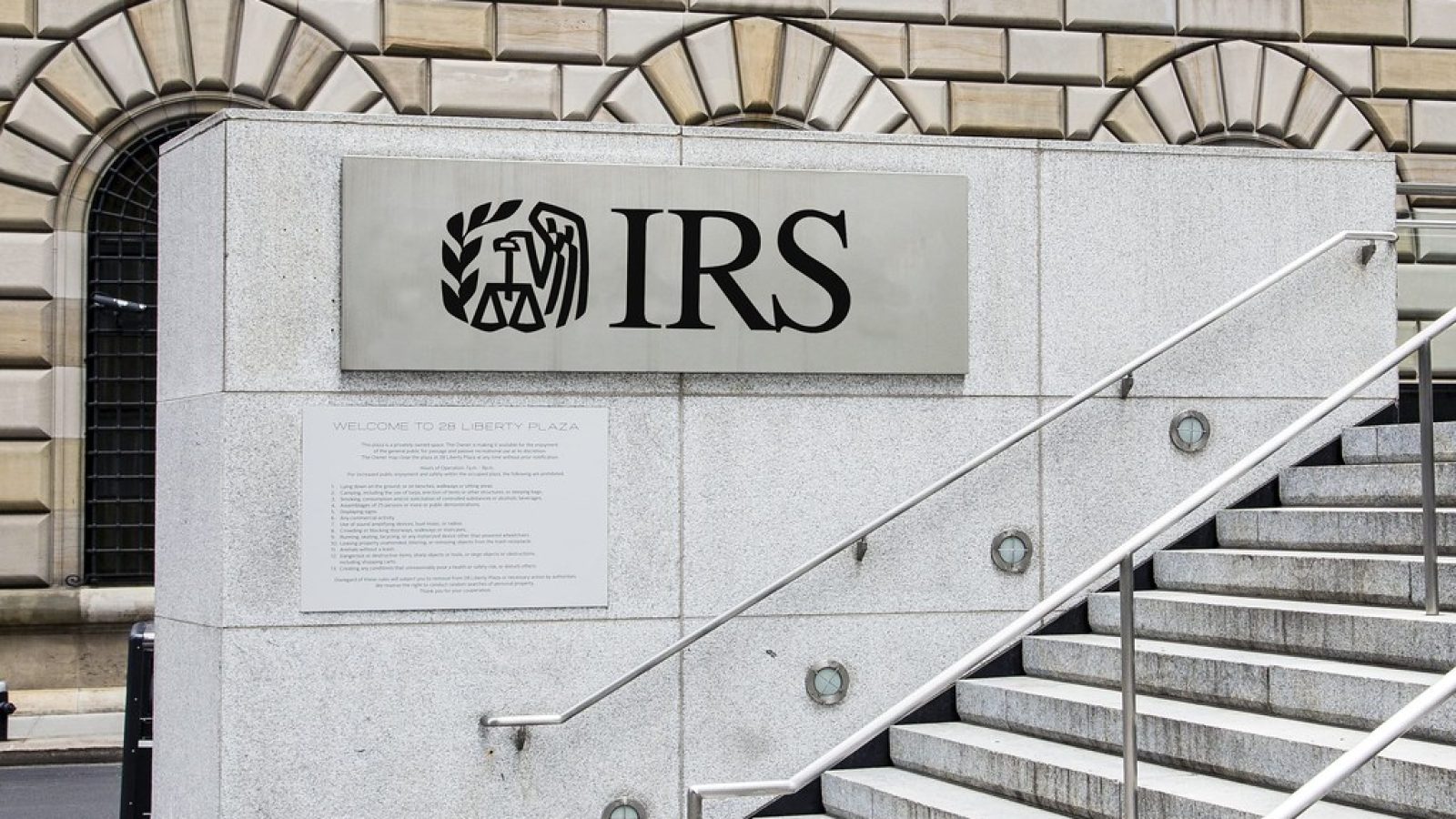Alright, buckle up, because the IRS is asking Congress for an extra $20 billion.
I mean, why not. Congress gives out billions to everyone except their citizens.
And the IRS needs $20,000,000,000 to bring on board 14,000 new hires.
That’s roughly $1.4M per hire. That way they can provide better customer service for everyone.
I wonder how much each of these agents are actually getting?
Wait a minute.
I might need to rethink this. $1.4 million? Are they hiring people that write articles?
You know, I take it all back. I always did love the IRS. Always asking kindly for money every year, they’re basically the Salvation Army, aren’t they? Those rosy-cheeked agents should dress up like Santa.
Jokes aside, the timing of this is curious, isn’t it?
I can’t help but wonder if there was a steep rise in people not filing for to pay their extortion, I mean, taxes last month.
People are, afterall, catching on to their scam.
IRS Demands Another $20 Billion From Congress, Plans to Hire 14,000 More Employees to Harass Taxpayers and Investigate ‘Discriminatory’ Practices via @gatewaypundit https://t.co/mNtct2z0n8
— The Gateway Pundit (@gatewaypundit) May 4, 2024
Gateway Pundit reports:
The Internal Revenue Service is demanding a further $20 billion from Congress in order to hire another 14,000 more employees as part of an effort to better “serve taxpayers.”
According to IRS Commissioner, Daniel Werfel, the agency needs the money in order to fund technology upgrades and improve its customer service:
The IRS will continue focusing on making improvements and efficient use of funding. But to stress the importance of continuing this momentum, the IRS will continue working to make a difference for the nation’s taxpayers. At the same time, it’s critical that the IRS has stable, secure funding to allow technology modernization and taxpayer service improvements to continue into the future.
ADVERTISEMENTWerfel added that he plans to hire a further 14,000 employees over the next few years, with an estimated workforce of 102,500 by 2029.
We believe that figure represents a ‘right-sized’ IRS, reflecting the needs to serve taxpayers and responsibly enforce the law given the complexity of the nation’s tax laws. That number won’t even be a record high for the IRS workforce. It’s still well below the numbers from the late 1980s and early 1990s.
His pleas come less than two years after Congress passed the so-called Inflation Reduction Act, which included a staggering $80 billion windfall for the agency to expand its operations.



Join the conversation!
Please share your thoughts about this article below. We value your opinions, and would love to see you add to the discussion!